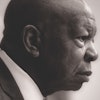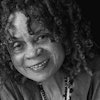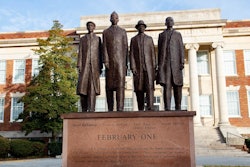Since 2020, it seems as though anyone with any sort of leadership role in higher education has pledged their anti-racism bona fides. But actual anti-racist leadership is a different and trickier matter. On Friday, at NCORE, the National Conference on Race and Ethnicity in Higher Education, administrators looking to walk the walk gathered for a three-hour workshop titled “Anti-Racist Leadership: What Does it Take?”
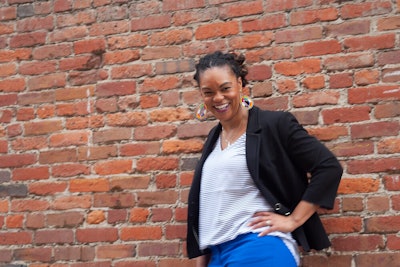 Dr. Tanika Byrd, a professor of communication at Cosumnes River College
Dr. Tanika Byrd, a professor of communication at Cosumnes River College
It was a revelation that took some processing for the attendees, including Heather Mayer, associate dean of teaching and learning at Everett Community College.
“It was helpful and hard [to hear],” she said. “I do see a lot of the white savior complex of ‘I’m going to come in with the answers and help everybody else. It helps to decenter that, but it’s newer to me, and I’m still going to be wrestling with that.”
Laflam said that truly absorbing this message and finding the reason that one is doing anti-racist work for oneself is a process that takes time and that it took her roughly three years to fully internalize it.
In the meantime, the workshop leaders introduced participants to the concept of an equity framework, or a way of developing anti-racist practices on personal, professional, and institutional levels. Attendees were encouraged to view these levels as a pyramid, with the personal level at the base and the institutional level at the top. Before one’s attention can be fully devoted to the institutional level, one must be grounded in the personal.
To further develop this personal level, participants were given a series of questions to reflect on in writing before sharing with the group. Some questions were designed to highlight awareness (“What is my comfort level in being anti-racist?”), some were focused on knowledge (“What self-work am I doing to develop my racial consciousness?”) and some had to do with skills (“Do I strategically position my racial identity in my work as a leader?”)
These questions provoked some deep uncertainty from Brianne Sanchez, the dean of student success at South Seattle College. Sanchez has the power to set policy for a department, and she sometimes wonders whether the buy-in that she gets has to do with her role or her race.
“Sometimes, it’s unclear: is it my positional power or my power as a white person?” she said. “I think I need to do some soul-searching.”
One of the most pointed reflections came from a director of equity, diversity, inclusion, and belonging strategy who is the only Black woman in her organization’s leadership team. She spoke about the frustration of working with people who would consider themselves anti-racist but make her equity work more difficult.
“When I think about all of the well-meaning, well-intentioned white people that I work with, who consider themselves to be allies, it does something to me, because they’re not,” she said. “Even having the credentials that I have and the experience that I have, I am constantly being invalidated. I’m telling you we need to do this, and you’re asking me all of these questions—now I have to build out a proposal, and it just gets in the way of me doing the work that you have me here to do. I’m speaking to all the well-meaning, well-intentioned white people in the room: stop asking me questions. If you put me in this place, trust that I know what I’m talking about, that I know what I’m doing.”
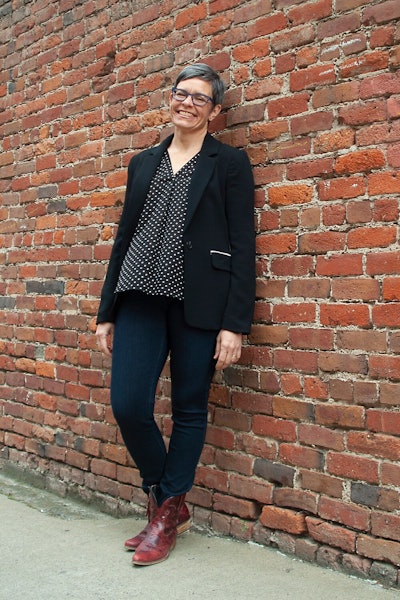 Dr. Jennifer Laflam, director of the Center for Teaching and Learning at American River College
Dr. Jennifer Laflam, director of the Center for Teaching and Learning at American River College
Participants said that got plenty from the workshop.
“This session really strikes what my needs are at this moment,” said Mayer. “It’s reminding me of the importance of my identity when doing this work, as a white person. I can be in spaces and say things that are going to be listened to or received differently than my colleagues. This is reminding me of the importance of staying in those spaces that I have access to.”
Jon Edelman can be reached at [email protected]

